Average Noise
The PSU’s average noise output is low at both voltage inputs.
Fan Noise & Speed Maps @ 28-32 °C – 115V
The semi-passive mode lasts long since the load on the minor rails doesn’t affect it. At up to 800W at 12V, the PSU’s noise remains below 20 dBA. It exceeds 25 dBA at around 885W and is over 30 dBA at 960W and above.
Fan Noise & Speed Maps @ 28-32 °C – 230V
The 230V fan noise profile is identical to the 115V one.
Pages:
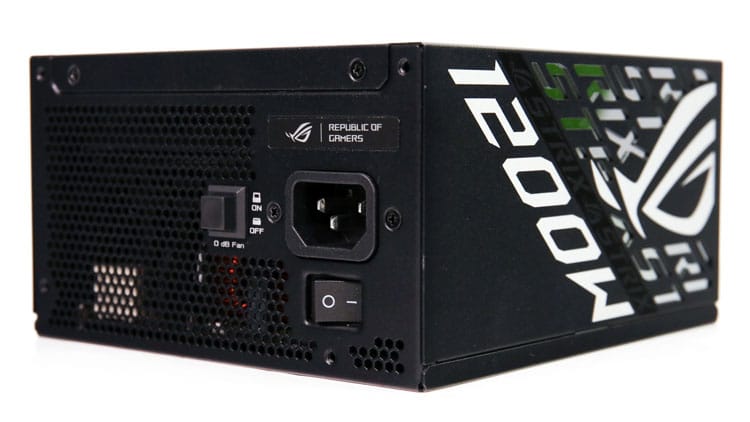
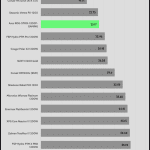
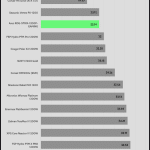
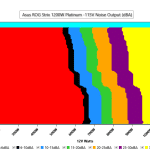
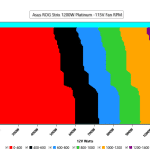
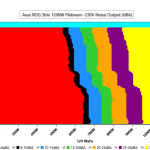
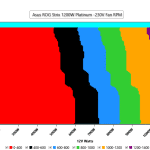
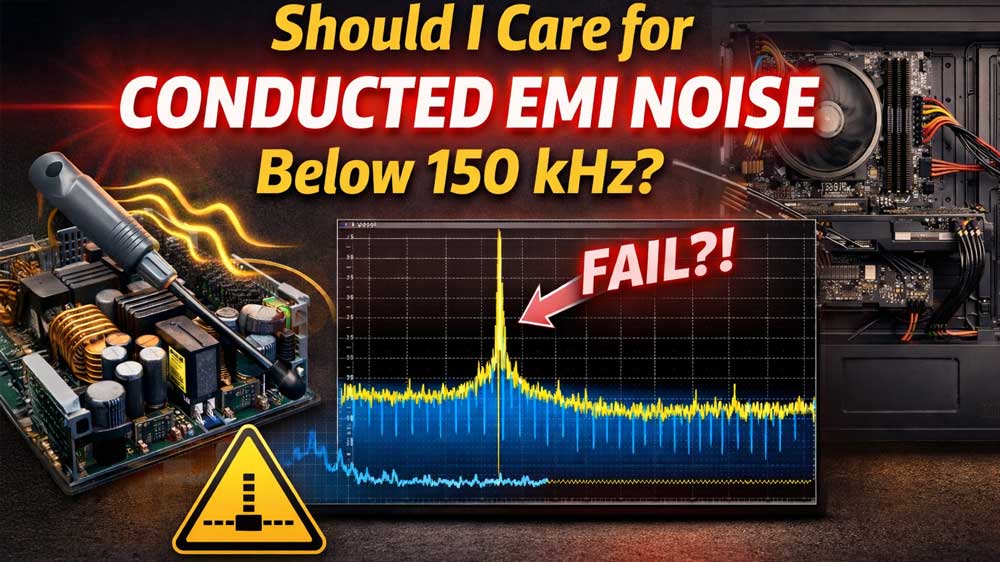
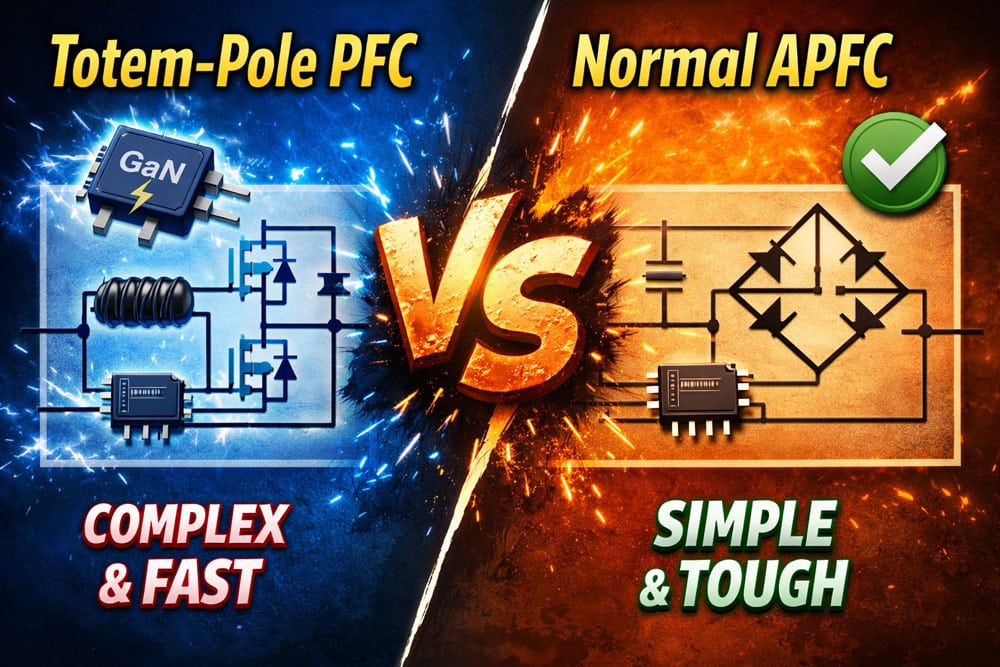
@crmaris, what do you think of ASUS ROG Strix 1200W Gold Aura Edition? Is it worse than this one?
Why Asus says on their Website only PCIE 5.0 ready? Is there something missing?
Marketing didn’t get the memo 🙂
This one states PCIe 5.0 compliant, and on Nvidia’s website 5090 requires PCIe 5.1 compliance.
Will this PSU still be good for 5090?
it will be ok yes.
So Asus is going to release a rev. 2 of this PSU with updated fan?
Or you just going to be lucky to get one with better fan?
This is so sluggish of Asus.
I was really hoping this PSU would be the one I would buy, instead of the FSP hydro ti pro 1000w.
They installed new fans, after we found this issue.
actually this unit has the improved fan.
So with the new fan, do you recommend this over the FSP hydro ti pro 1000w in terms of pure silence?
Nope
I read that ball bearing fans become significantly louder over their lifespan, so they’re deceptive in terms of noise. Is that true? Also, I read that if they’re dropped they can be ruined, so they’re more delicate than FDB fans. It seems like a no-brainer to exclusively use FDB fans in high-end PSUs. Ball bearing fans appear to be able to produce more static pressure than other fan types but since FDB fans apparently can be used in low-noise PSUs, it seems that that advantage isn’t enough to outweight the drawbacks.
With not high quality DBB fans yes this can be the case.